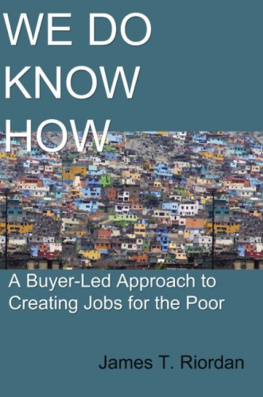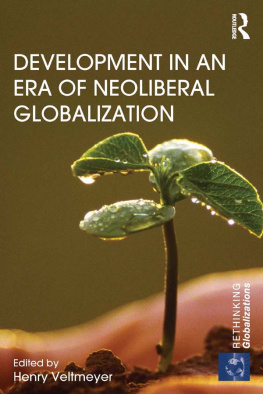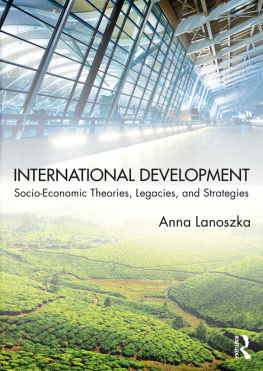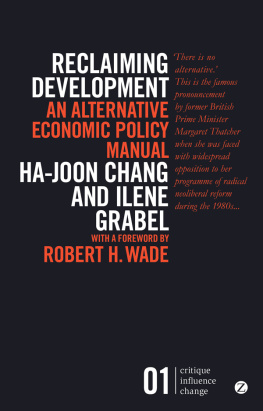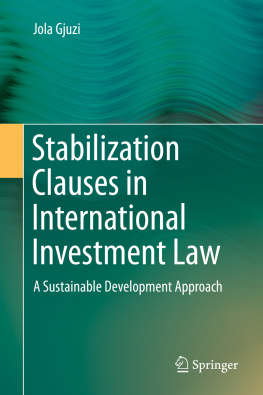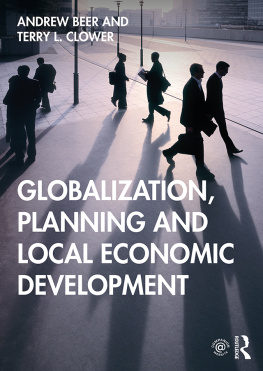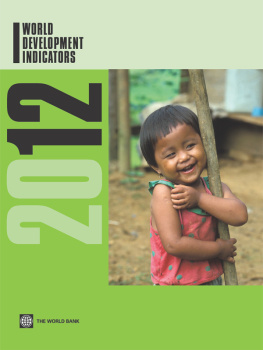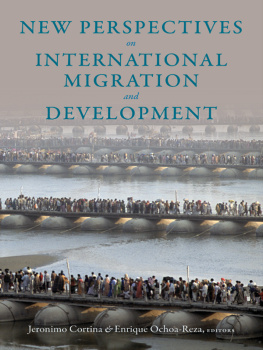
About the author
Maggie Black is a writer and editor on international social issues, particularly in the fields of childrens and womens rights, and water and sanitation. Among her books are: Water: A matter of life and health (OUP India, 2005), Water, Life Force (New Internationalist 2004), The No-Nonsense Guide to the United Nations (New Internationalist, 2008), The Last Taboo: Opening the Door on the Global Sanitation Crisis (Earthscan 2008), The Atlas of Water (Earthscan, 2009), Children first: The story of UNICEF (OUP and UNICEF, 1996), and A cause for our times: OXFAM, the first 50 years (OUP and OXFAM, 1992). Maggie Black is widely travelled in obscure corners of the Global South, especially in Africa and Southeast Asia, working as a consultant for organizations such as UNICEF, UNDP, DFID, WaterAid, Anti-Slavery International, IPEC/ILO, SCF and Oxfam, and as editor of major UN studies and reports. She has also been a co-editor of New Internationalist, Editor of UNICEF Publications, and has written for The Guardian, Le Monde Diplomatique and the BBC World Service.
About the New Internationalist
New Internationalist is an award-winning, independent media co-operative. Our aim is to inform, inspire and empower people to build a fairer, more sustainable planet.
We publish a global justice magazine and a range of books, both distributed worldwide. We have a vibrant online presence and run ethical online shops for our customers and other organizations.
Independent media: were free to tell it like it is our only obligation is to our readers and the subjects we cover.
Fresh perspectives: our in-depth reporting and analysis provide keen insights, alternative perspectives and positive solutions for todays critical global justice issues.
Global grassroots voices: we actively seek out and work with grassroots writers, bloggers and activists across the globe, enabling unreported (and under-reported) stories to be heard.

NONONSENSE
International Development
Illusions and realities
Published in 2015 by
New Internationalist Publications Ltd
The Old Music Hall
106-108 Cowley Road
Oxford OX4 1JE, UK
newint.org
Fourth edition completely revised in 2015.
Previous editions 2001, 2006, 2010.
Maggie Black
The right of Maggie Black to be identified as the author of this work has been asserted in accordance with the Copyright, Designs and Patents Act 1998.
All rights reserved. No part of this book may be reproduced, stored in a retrieval system or transmitted, in any form or by any means, electronic, electrostatic, magnetic tape, mechanical, photocopying, recording or otherwise, without prior permission in writing of the Publisher.
Cover design: Andrew Smith, asmithcompany.co.uk
Series editor: Chris Brazier
Series design by Juha Sorsa
Printed and bound in Great Britain by Bell & Bain Ltd, Glasgow who hold environmantal accreditation ISO 14001.

British Library Cataloguing-in-Publication Data.
A catalogue record for this book is available from the British Library.
Library of Congress Cataloging-in-Publication Data.
A catalog for this book is available from the Library of Congress.
(ISBN ebook 978-1-78026-240-6)
Contents
by Medha Patkar
Origins of the idea
Mass campaigns for health
On the banks of Indias river Narmada, where I write this, a battle has been raging between people and development. For the past 30 years, communities here have fought nonviolently against the destruction to their homes and livelihoods by the construction of the massive Sardar Sarovar dam. With the dam now at full height, we are still fighting on behalf of the hundreds of thousands of people who have been displaced by this and other large dams along the Narmada River. Thousands of families have endured the loss of lands and livelihoods, homes and livestock, with negligible compensation or support.
The long struggle we have waged in Narmada is part of a wider war against a perverted paradigm of development which is being imposed by means of an unprincipled, unscientific, and undemocratic process. Indias National Alliance of Peoples Movements is championing the rights of farmers, slum-dwellers, fishers and others not to be arbitrarily dispossessed of their lands. We are one of many similar movements around the world the Zapatistas in Mexico, indigenous communities in Bolivia, in the Amazon and in Canada, farmers in Korea, Mozambique, India and the Philippines, fishers in Japan. These movements do more than symbolize the profound resistance the prevailing development model provokes. They constitute a struggle on behalf of a different conception of what development ought to be.
The injustices perpetrated in the name of international development are the starting-point of this book. I welcome this, for if more people understood the damage being done to people and natural systems, tragedies such as the one we have faced in the Narmada Valley might be avoided. People who depend upon the natural resource base are finding that it has been unjustly acquired, stripped from them, and its natural wealth commodified to serve the interests of a consumer elite. Lands, water and forests are harnessed for the profit and benefit of those with power to purchase and invest nationally and globally. Local systems of government have been forced to adjust, in such a way as to intensify the pauperization of those who, in many societies, still represent considerable numbers even the majority. People faced with loss of life, dignity and livelihood have no option but to fight for their survival. From the micro-level, these movements connect into a global action demanding a major transformation of what development is and ought to be about.
In this No-Nonsense book on International Development Maggie Black examines the idea of development in the post-colonial world, looking through different economic, social and political lenses in the search for a more just and sustainable model. But she never loses the sensitivity or descriptive power so often abandoned in analytical discourse. Those committed to the defense of the downtrodden victims of injustice and exploitation will welcome a perspective on this vast subject which places their predicament at center stage. I sincerely hope that this book reaches and informs a new section of thinking people across the world. Let as many of them as possible become not merely spectators of development and its consequences, but supporters of and even participants in the new politics of transformation.
Next page







